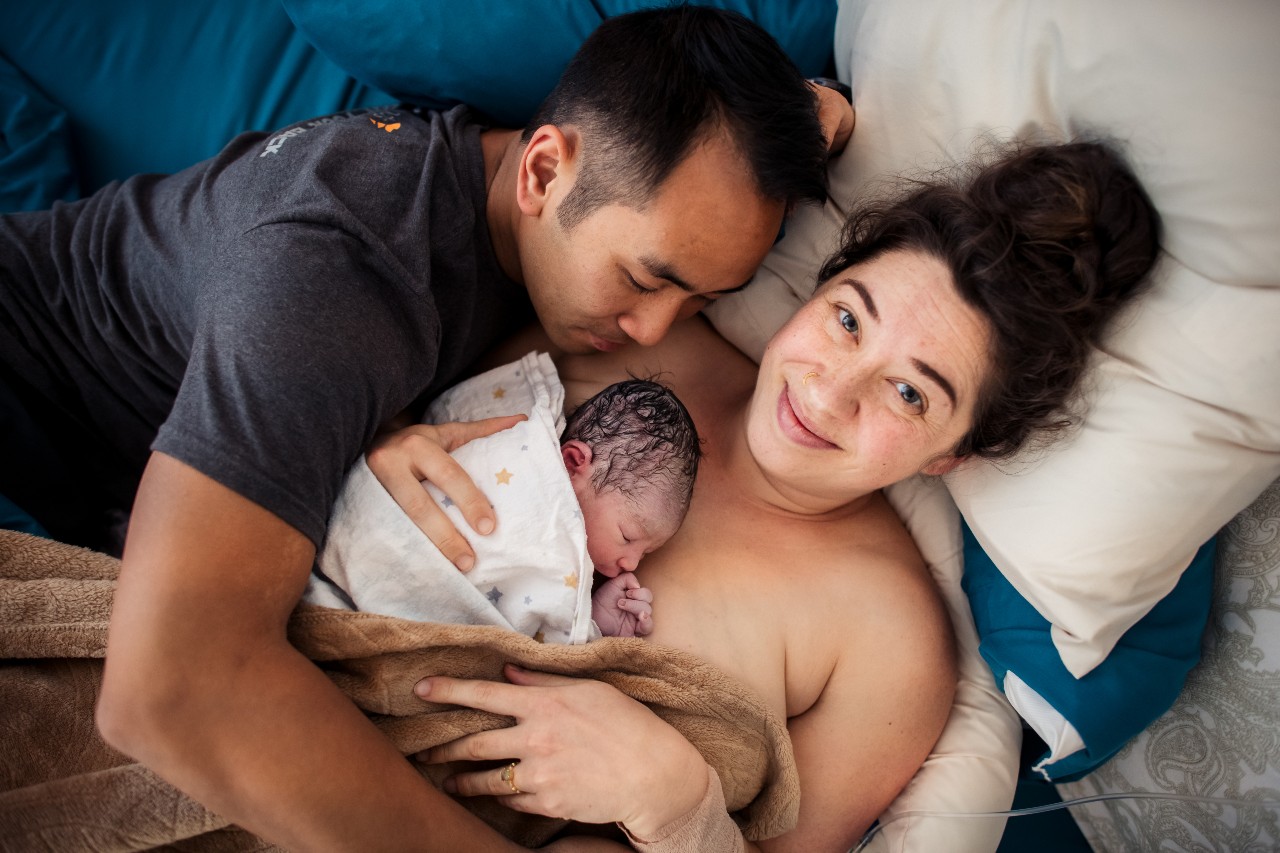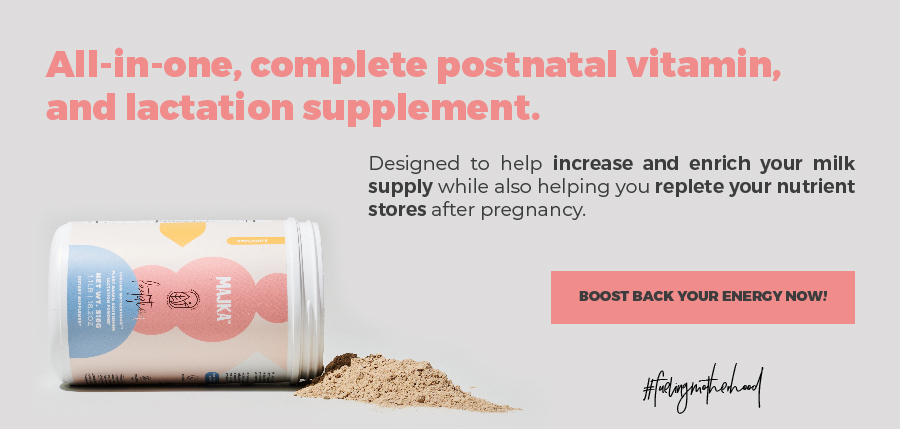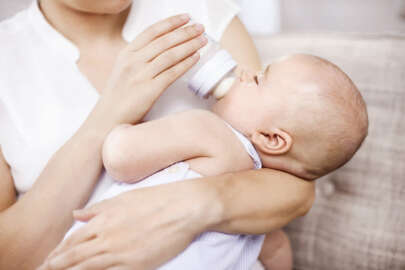
It’s common to forget to take care of yourself while taking care of a newborn, but keep in mind that your body has gone through a big process whether you had a C-Section or a vaginal birth; which means that it needs time to recover.
What is postpartum care?
Even if you feel overall well, keep in mind that once you gave birth your body started to recover so it needs time and energy for that; we understand that taking care of a baby doesn’t mean a lot of free time and/or energy for pretty much anything else, but it’s important to avoid overdoing and let your body rest as much as you can.
Postpartum care is the care you take of yourself and of your body while recovering from delivery, whether you are breastfeeding or not.
Keep in mind that each body and situation is unique, talk to your healthcare provider regarding any specific help that you may need throughout this period.
Postpartum care generally includes:
- Getting as much rest as you can.
- Keeping a healthy diet that includes protein, vegetables, fruits and whole grains.
- To avoid climbing up stairs for the first week.
- Not lifting anything heavier than your baby, especially if you had a C-section.
- Being kind to yourself and not expecting everything to work out perfectly and/or fast.
- Contact with a maternal care provider within the first 3 weeks and follow up with ongoing care as needed.
- Not overdoing, even if you are feeling well, give your body some time and energy to recover; check with your doctor before doing something that implies a lot of energy and/or movement in the first 6 weeks after delivery (or more if you had a complicated birth or pregnancy).
What to put in a postpartum care package
As labor and welcoming your baby will keep you really busy and have things around you a bit messy, you may want to plan ahead and have some stuff ready for you to take to the hospital and to have afterwards. Here we share with you some recommendations:
- Have ready some nursing bras, breasts pads and a nipple balm.
- At the postpartum period you may want to wear loose and comfortable clothes, do not try to look your best, just keep what makes you feel comfortable.
- Hair ties are a great choice while taking care of your baby and learning to breastfeed as you may not want your hair to get in your way.
- Massage rollers or oils to relieve back pain from labor.
- Sanitary pads for bleeding and/or urine leaking.
- Painkillers that your doctor approves.
How to recover after delivery
If you had a baby you may be dealing with:
- Mood changes: there are plenty of things going on during this period that could cause you to have mood swings, especially in the first two weeks you may experience some baby blues; this is normal but that doesn’t mean that you can´t ask for support from the people around you.
- Vaginal soreness: if your doctor made and incision or you have a vaginal tear you may be feeling discomfort; here are some things that you can do about it: sit on a pillow, cool the are with an ice pack, ask your doctor for a pain reliever or an specific option for you; and be aware for infections.
- Vaginal discharge: after delivery, your body gets rid of blood and tissues from your uterus; you will have to wear a sanitary pad in order to maintain dry for 2 to 4 weeks after delivery.
- Incontinence: your pelvic floor muscles can be stretched out or injured which may cause a leak of a few drops of pee from time to time (this could be addressed by pelvic floor exercises).
- If you had a C-section, keep your incision clean and dry and be aware of any signs of infection; wearing loose cotton comfortable clothes may be the best option for you in this period. Ask your doctor for some medicine to manage if you are experiencing pain (which is normal to happen).
- Take some walks, recovery doesn’t mean to stay in bed for weeks (unless your doctor says so) you can move around by walking for a few minutes around the day.
When to ask for help
As we mentioned before, every case is unique, it depends on your previous health condition, your type of pregnancy and delivery the kind of symptoms that you may experience during the postpartum period, but it is important to let your doctor know whenever you don’t feel ok when something is going on especially if you experience:
- Heavy vaginal bleeding.
- Any sign of infection in your C-section wound and/or severe pain.
- Pain while peeing.
- Fevers.
- Chest pain.
- Obstructed breathing.
- Constant anxiety or feelings of depression.
In Breastfeeding 101 we hope this information has been useful for you to know more of what you may expect during your postpartum period so you can feel confident about it and enjoy the journey as much as you can.
We are happy to have you here and invite you to follow all of our content to learn more about mom’s and baby’s health.
If you want to deep more on the subject of postpartum care, here are some of the sources that made this article happen:
- Baby blues I nature reviews neuroscience
- C-Section Recovery Timeline and Aftercare I Cleveland Clinic
- Caring for Your Health After Delivery I Cleveland Clinic
- Optimizing Postpartum Care I ACOG
- Overview of Postpartum Care I MSD Manual
- Postpartum care: what to expect after a vaginal birth I Mayo Clinic
- Postpartum Care Of The New Mother I National Library of Medicine
- Postpartum complications: what you need to know I Mayo Clinic
- What to bring to your labor and delivery I MedlinePlus
- Your post-pregnancy body I NHS
Annie Rueb






